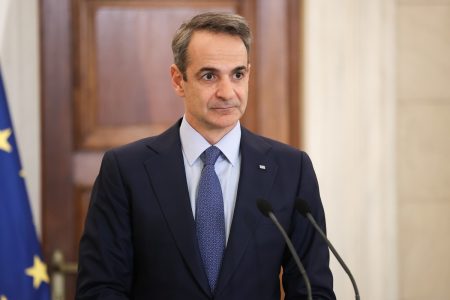In the second trimester of the current year the recession was reduced to 0.2% sooner than expected and now it is almost certain than in the third trimester we will see a return to growth. International organizations now admit that growth will exceed 0.6% and in some cases, it may even reach 1%.
The significant increase of tourism, which will bring more than 21 million tourists to Greece this year thus supporting revenue streams, confirms these estimations.
If the Ukrainian crisis and Russian embargo on fruit and vegetable did not happen, the growth could have come even sooner.
Meanwhile, the Ministry of Finances’ div show that there was a 2.3 billion euro primary surplus in the first half of 2014, indicating that for a second year in a row public finances are stabilizing.
Public expenses continue to shrink, while revenue increases faster than expected. This fact shows that the effect of the restrictive and tax measures have a much greater effect than desired.
The documented progress of the Greek economy also explains the troika’s more relaxed stance, as well as that of other international financial institutions.
It is not coincidence that the troika accepted the Greek demand to carry out the September negotiations in Paris, nor is it a coincidence that they appear to be tolerant towards other demands for better time allocation and the many bailout-mandated actions that have not been implemented.
One could say that after many long-term efforts, the Greek economy is finding its way out of the crisis and will soon be able to stand on its own two feet. In this case the management of public finances will become easier and more resources will be able to be allocated for growth.
However, even if the Greek economy manages to leave the crisis behind it, it remains exhausted from the effort, just like Greek society. The neoliberal example of deregulation and reforms is not enough to give the economy the boost so that Greek people can find some relief and our youth decent jobs.
Greece and the European south will need an even stronger push, which cannot happen without a generous allocation of development resources.
German her rich neighbors no longer have the option. Their progress and wellbeing is dependant on the wellbeing of other, especially their partners and their true allies.
After the Ukrainian crisis all they have to do is to focus their interest on rebuilding Europe, by offering resources and working towards a true union and a fair distribution of the benefits.
This is the solution for Europe and this must be the Greek goal from now on.
Antonis Karakousis
Originally published in the Sunday print edition





